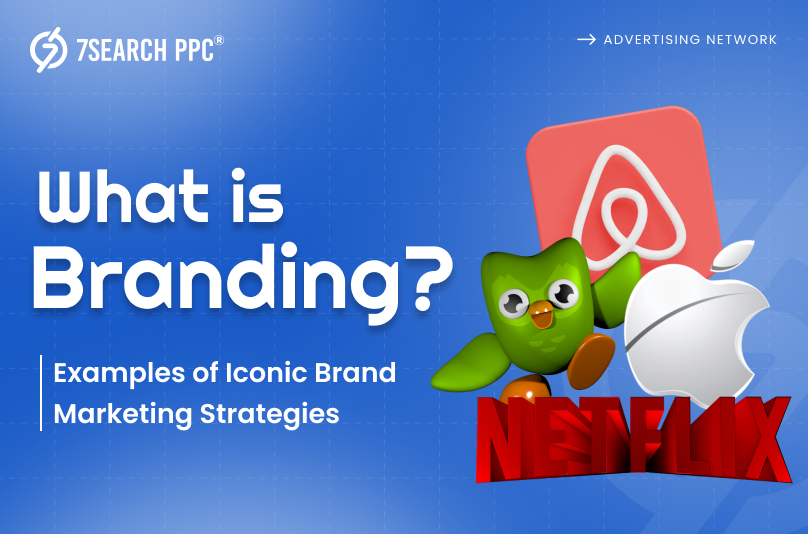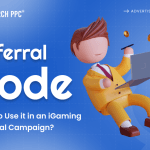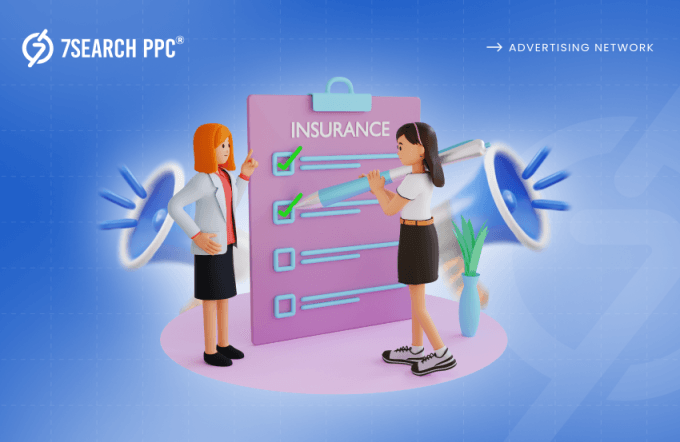When you think of an apple with a bite chomped off its side, what image comes to mind? Or when you come across a certain red and yellow placed together? It’s probably Apple and McDonald’s, isn’t it? After years, they’re at a point where they’re recognizable to everyone. And everywhere.
But what exactly led them here? If we were to place their products on one side of the weighing scale and branding efforts on the other, the latter would outweigh the former. This has less to do with the quality of their products and more with how they have weaved their brand into everyone’s mind. The visual and verbal identities, along with the immaculate storytelling, have helped them stand out and survive in a cramped market.
In a nutshell, they have mastered the art of brand marketing. Which does sound like a lot, but it’s really not. Allow us to simplify it for you with this blog.
Branding: Crafting A Distinct Identity
Branding is the process of carving a unique identity for your brand that will distinguish it from the brand crowd. This can be a company, product, service, entity, place, or simply a concept that needs to be marketed. Even entrepreneurs and working professionals are working on building their own personal brand.
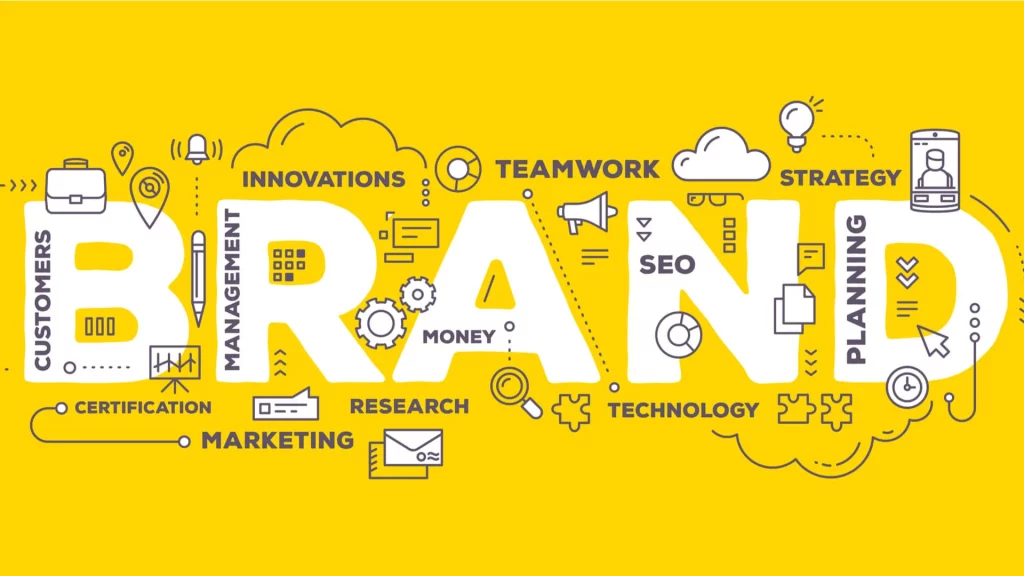
Contrary to ancient times when branding was about farmers and craftsmen claiming their property and taking credit for their work, it has now evolved into an art. It’s about what your company values and represents to the outside world.
However, there is a common misconception that needs to be addressed. Branding is not just limited to visual identities. Sure, they do form a huge part of it, but the term ‘branding’ goes way deeper. Imagine your brand coming to life in all its glory. Your mascot talking on your behalf. Color palette that conveys emotions. Ads that frame stories. Tone of voice that forms your brand’s personality. The way you interact, not just with your audience but with the general public as well.
It’s in the overall experience someone has with your brand. The moment it becomes exceptional, consistent, and recognizable, you have it all figured out.
What Good Branding Can Do For Your Business?
A business’ branding is more important than you might think. Growing competition makes it tough to be seen, let alone remembered, which threatens your company’s existence. Customers only spend when they feel like they’re being offered an exceptional deal.
Here’s everything good brand marketing can do for you:
Build A Noticeable Image
One of the most obvious reasons for brand marketing is to build a noticeable image. Your presence should feel like a breath of fresh air amongst the jam-packed crowd of similar brands. Think of it like building a narrative around your unique value proposition. When you offer a product or service that is different from others, the way you brand it is naturally going to be a lot different. Eventually, you’ll start getting noticed for the exceptional experience you provide.
Encourage Brand Recognition
According to a report published by Forbes, a consistent color palette can improve brand recognition by 80%. Consistent brand presentation across all platforms is said to increase revenue by 23%. Surely, we are doing something right by maintaining a similar color scheme, tone, aesthetics, and communication that fit our brand’s values.
Influence Purchasing Decisions
What drives a customer to make a purchase decision? 77% of consumers purchase items based on the brand name rather than the name of the actual product.
Suppose you wish to buy a new watch. Beyond the time-telling feature, a watch always carries an emotion. And you’re most likely to be inclined towards one that represents your values—whether it’s serene timelessness, the feeling of luxury, a focus on craftsmanship, or innovation.
Support Your Marketing
Branding is said to form the heart of marketing. Your marketing and advertising efforts will feel lost without a well-crafted brand strategy. This can be better advertising your values, playing with your logo on your creatives, creating visuals that represent your brand, and getting your mascots to act out.
Form Customer Loyalty and Trust
Loyalty and trust are never easy to gain. But once you start working on the authority and credibility that come with your brand, you can initiate an emotional connection with your audience. And according to reports, 94% of consumers say that they have recommended brands that they have formed an emotional connection with.
Marketing, Advertising, Branding: They’re Not The Same
Say you come across an ad for a coffee brand with a warm, welcoming, and community-oriented aesthetic. The ad stuck out to you, and in the end, you relented and actually bought it. Turns out that it offered what it promised, resulting in a pleasant experience. Here, the aesthetics we’re talking about is the branding. The medium through which the ad was shown is advertising. And the pleasant experience, right from encountering the ad to the cup of coffee in your hand, is marketing.
So, it can be said that:
Marketing is your business’s overall promotional strategy, including research for product development, pricing, distribution, and after-sales services. The goal is to reach customers by developing concepts that will stand out in the market and promoting them through digital advertising, email marketing, social media, paid search, SEO, and other offline promotions.
Advertising is a subset of marketing that solely focuses on showing ads to relevant consumers in order to attract them to your business. It is generally related to paid ad campaigns that are personalized for target audiences and persuade them to take a specific action.
Branding is what a business believes in, why it exists, and what it works for. It works to form an emotional bond with customers and other audiences. The more they resonate with you, the better your chances of getting another lead or sale will be. Being an extension of advertising and marketing, branding includes various visual and verbal narratives about your business.
Elements That Make Up Your Brand’s Personality
Brand elements are the aspects of your brand that make it memorable. They present a unique look and feel to your brand, eventually building up its personality. Strategic elements that are carefully intertwined with each other form the best personality for your brand. These elements determine the way your business dresses up, talks to customers, and even packs up your orders.
Here are the ones that you should pay special attention to:
- Brand Name
- Slogans and Tagline
- Brand Logo
- Color Palette
- Typography
- Brand Tone and Voice
- Graphics and Imagery
- Brand Values and Ethics
- Brand Positioning
Remember that there’s no fixed rule that you need to follow. In fact, it’s recommended that you test these in the initial stages of your business. You can even change a few of them to match upcoming seasons and trends. For instance, mixing the Christmas colors with your brand colors during the Christmas season.
Create an Exceptional Brand Marketing Strategy
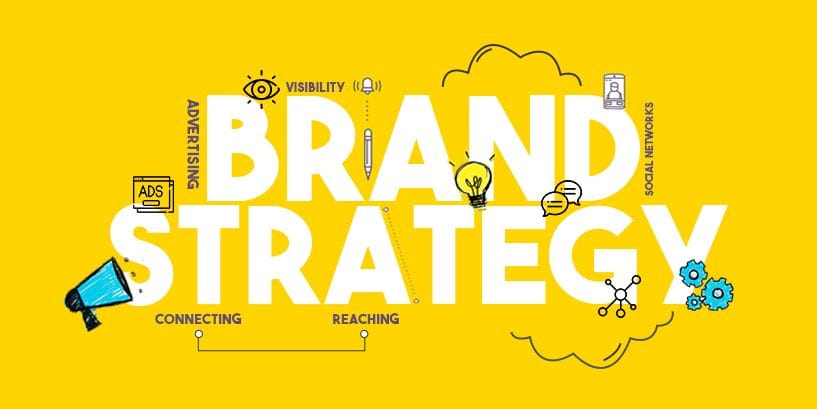
That’s the goal, right? It’s no secret that once you have a brand in hand, you will want to market it to the best of your capabilities. Here’s how you can breathe life into your brand with an exceptional brand marketing strategy.
Identify your brand marketing goals
Before anything, figure out what you want to achieve with your brand marketing efforts. From the surface, the goal looks to be brand awareness. But how would you achieve that? Few goals you can set are:
- Create marketing material and ads that convey your brand values
- Recruit brand ambassadors from your loyal customer base
- Develop brand merch and goodies
You can further convert them into SMART goals by quantifying them and making them relevant to your overall business goals. For example, your goal can be to sell out 20,000 brand t-shirts in the next two months. There’s plenty of scope for you to consider.
Create a brand story
A brand story revolves around the narratives that make up your brand, including the brand’s origin, mission, vision, and purpose. This is where you make use of all the brand elements that we mentioned.
For a compelling brand story that attracts customers, try to think of everything that can be linked to your brand identity. The visual and language elements that form the first impression of your brand, the values and ethics that underline them, and how the interaction with customers will work.
Define your brand marketing tactics
This is where you choose how you will market your brand. Think of the-
- Deliverables that need to be prepared
- Audiences that you will target
- Marketing channels that you will employ
- Ratio between organic and paid promotional content
- Trends that you wish to adopt
Remember that these should be decided based on thorough research and based on past data. If something has worked previously, it might work again.
Measure and Optimize
It rarely ever happens that the first brand marketing campaign you put out ends up well. But this shouldn’t discourage you! In fact, try to extract as much information as you can from the analytics. The more you know about what works and what doesn’t, the better you will be able to optimize. Start by checking the relevant KPIs (Key Performance Indicators), find the gaps, and fill them up in your next campaign.
5 Examples of Iconic Brand Marketing Strategies
There are a few brands that are always at the tip of our tongue. Such brands are always backed by iconic brand marketing strategies. Let’s explore a few and see what we can learn from them.
Apple
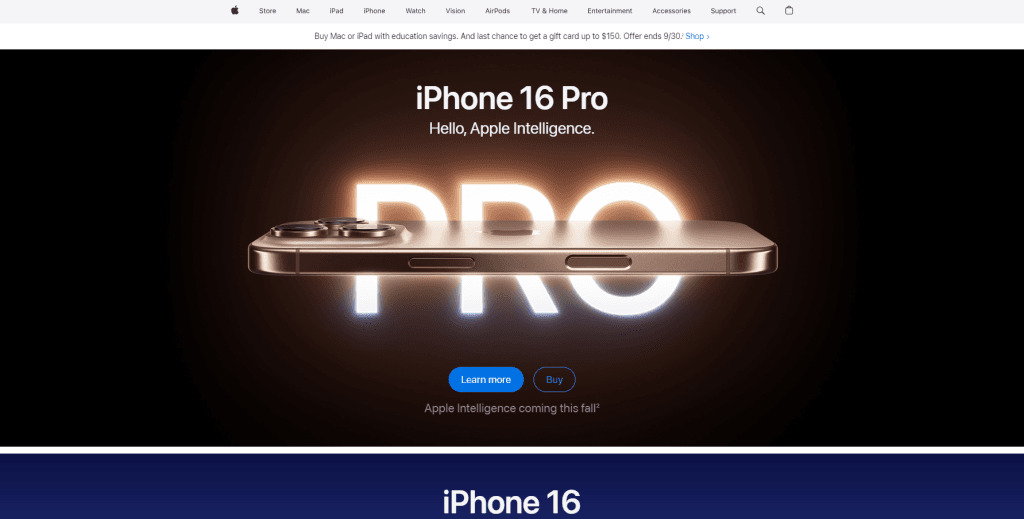
As we all know, Apple goes beyond selling a product. It sells a lifestyle. Their brand marketing strategy focuses on emotions, paying attention to imagination, liberty, hopes, dreams, and passion. Apple likes to keep it subtle with a brand personality that is simple in design and messaging. They don’t just focus on technical specifications but on forming heartfelt connections with their customers.
Their products have a sleek, minimalist design, which is also consistent with their design ethos. Their campaigns are known for brevity, with phrases like ‘Shot on iPhone’ and ‘Privacy. That’s iPhone.’ that are aimed at making your life a little less complex.
Overall, their branding is reflected in their products, and vice versa.
Duolingo
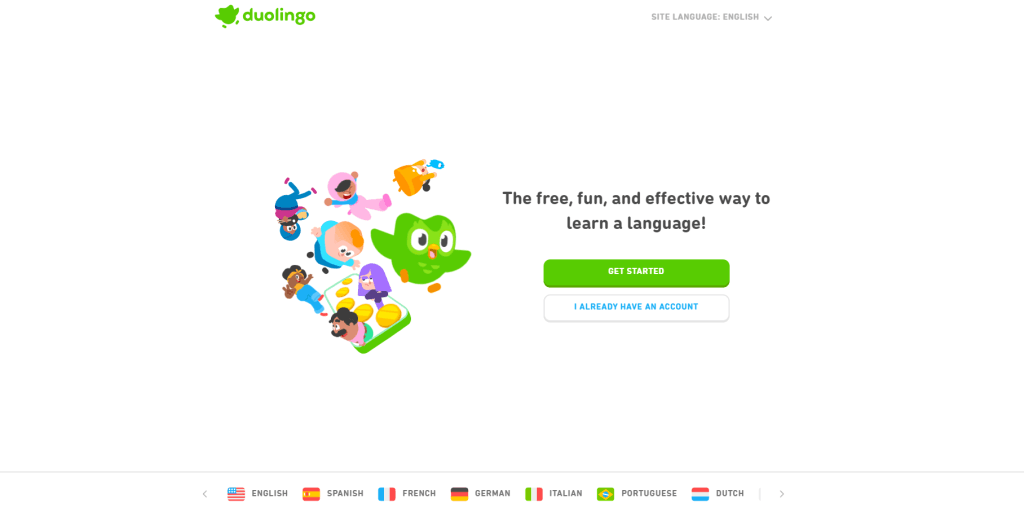
Duolingo, the language learning app, has lately been in the spotlight for its quirky brand marketing. From witty social media interactions to humorous app notifications, the app sets a playful tone through its branding across all channels. With brief yet funny ad copies like ‘Date Late? Learn French.’ to ‘Bus Stopped? Learn Italian.’ one can say that they have an ad for every situation. Moreover, with inclusivity being one of their many brand personalities, you can see their ads in many languages, urging you to do your lessons.
Carrying a wide cast of animated characters, they ensure that learning a language is never boring. And one thing you’ll find in common across all their promotion material is their mascot Duo, a lively green owl who is always there to motivate the learners.
Netflix

Everybody can recognize Netflix’s iconic red and black logo, which resembles a film strip. It’s really hard to miss it when it’s shown at the beginning of all movies and web series with a ta-dum sound in the background. Netflix’s brand marketing revolves around the promise of delivering personalized content from its vast library of movies, TV shows, and original productions with categories like ‘Top Picks for..’ and ‘Because you watched.’
They have also developed a reputation for original content. From Netflix Originals to exclusive interviews with the cast, they truly give a sense of prestige to their audience.
Nike

Nike has been in the brand marketing game for as long as you can think of. However, their brand strategy rarely ever mentions their products. Their tagline, ‘Just do it,’ along with a heavy focus on emotional storytelling, connects individuals globally. With ads highlighting their missions and vision, they bring inspiration and innovation to every athlete. Ad campaigns like ‘Unlimited You’ and ‘Find Your Greatness’ will give you a better look into their emotional appeals.
Another thing they have always focused on is building an inclusive community. Straightforward hashtags like #justdoit and #nikewomen have made it easy for them to build a loyal social fanbase.
Airbnb
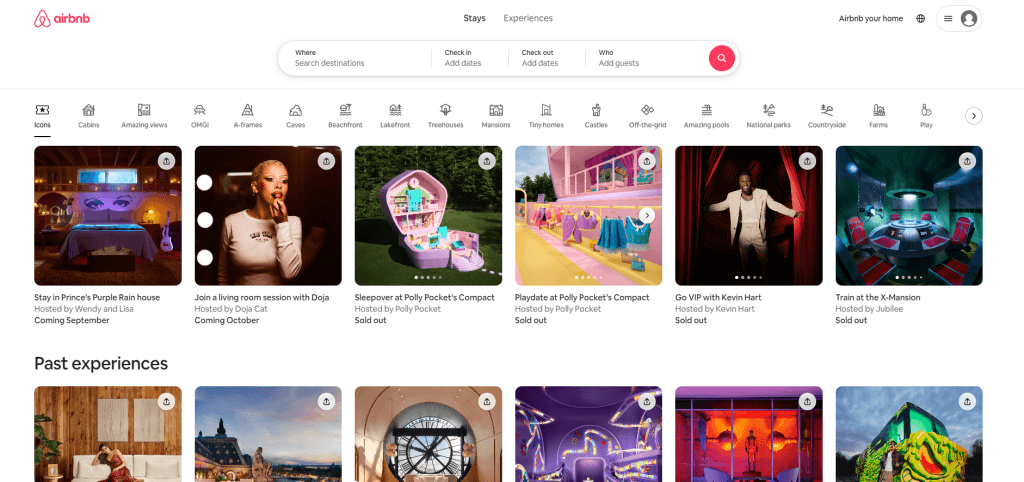
‘Belong Anywhere’ is a statement that truly captures the essence of Airbnb’s brand mission. Their focus comes down to belonging, with it being more about the people and less about the places.
Their logo forms the heart of the brand identity, with it being a creative combination of people, places, love, and Airbnb itself. It’s easy to draw and has been molded into various creatives plenty of times. Instead of showing dreary room listings, their ads capture real people and moments that make travel experiences special. Their brand marketing has been at the forefront with stories that encapsulate inclusiveness, whether in the form of race, gender, or sexual orientation.
Conclusion
A good brand has everything—name, fame, and, most importantly, the trust of its customers. With a living and breathing identity that has never existed before, it is able to escape the brand crowd and stand its ground. Although brand marketing can seem a little intimidating at first, especially when you’re just starting out, it’s extremely worth your time and effort.
In the end, it’s all about studying your business and customers, working with guided strategies, and taking inspiration from the big brands. By creating brand elements that reflect who you are, you’ll have a memorable brand capable of leaving lasting impressions.
Frequently Asked Questions (FAQs)
What are the different forms of branding?
Branding can take many forms, including personal branding, retail branding, e-commerce branding, geographic branding, and product or service branding.
Why are brand elements important?
Brand elements are the cornerstone of your brand marketing strategy. They ensure consistency and uniqueness for your business across all platforms.
What is the difference between brand and product marketing?
Brand marketing promotes your brand or business as a whole, with a focus on its identity. Meanwhile, product marketing promotes a single product by highlighting its features and benefits.
How can I carry out brand marketing?
Your brand strategy can be delivered through various channels such as website, social media, advertising, and physical presence.
Why should I study big brands?
By studying big brands, you can take inspiration from the strategies they use and learn from their mistakes.

